Sensory Integration from Susan B. Young
$219.00 $65.00
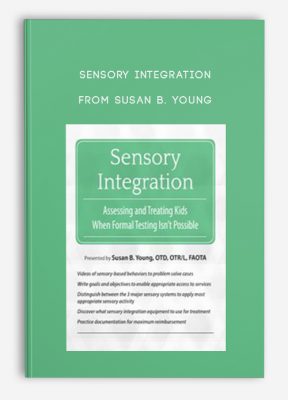
Sensory Integration Assessing and Treating Kids When Formal Testing Isn’t Possible from Susan B. Young
Faculty:Susan B. Young
Duration:5 Hours 47 Minutes | Format:Audio and Video
Archive : Sensory Integration from Susan B. Young
Get Sensory Integration from Susan B. Young on Salaedu.com
Outline:
Neurological Foundations of Sensory Integration
- Primary sensory systems in SI
- Receptors, neurological tracts and brain locations of sensory systems
- How is each system stimulated?
- Types of sensory integration dysfunction associated with each system
Clinical Observation and Interviews for Assessment
- Analyze case studies using a sensory integration frame of reference vs developmental or motor
- Distinguish between sensory-based and nonsensory-based behaviors
- Clustering observations of behavior into sensory processing categories
Develop Interview Questions
- Formulate questions for parents/teachers to gain sensory information
- Formulate questions related to participation in everyday life
- Clustering responses into “diagnostic groups”
Documentation for Maximum Reimbursement and Access to Services
- Write goals and objectives which enable access to services in schools and clinics
- Document progress in functional terms
- Write appropriate evaluation, progress and discharge reports
Design treatment sessions based on Ayres SI principles
- Analyze sensory aspects of therapy equipment
- Modify activities to match needs of the child
- Sensory diets for use at home and school
- Sensory stories – enhance child’s participation in daily activities
Get Sensory Integration from Susan B. Young on Salaedu.com
Description:
Many of the children we work with are unable to take tests which require a good attention span and the ability to follow directions. These children may have ADD, ADHD or ASD. However, we need to be able to identify those deficits which are interfering with their ability to learn at school, participate in family activities and promote friendships.
Today you will expand your knowledge of sensory processing activities, and enhance your effectiveness to work with these children!
You will learn to identify which deficits have a sensory integration foundation, and thus be able to use treatment techniques to improve the quality of life for the kids you work with every day! In this workshop, I will teach you: how to identify behaviors which are sensory, determine underlying sensory systems which may be contributing to these behaviors, plan treatment strategies to help them more fully participate in school, community and home activities, and practice documenting your services.
1 review for Sensory Integration from Susan B. Young
Add a review Cancel reply
Related products
HEALTH - FITNESS - LIFESTYLE - MEDICAL
HEALTH - FITNESS - LIFESTYLE - MEDICAL
HEALTH - FITNESS - LIFESTYLE - MEDICAL
Complete Certified Professional Coach Online Course from Berry Fowler
HEALTH - FITNESS - LIFESTYLE - MEDICAL
HEALTH - FITNESS - LIFESTYLE - MEDICAL
Fast Confidence [How To Be More Confident │Confidence Building] from Sharon Melnick, Ph.D.
HEALTH - FITNESS - LIFESTYLE - MEDICAL
HEALTH - FITNESS - LIFESTYLE - MEDICAL

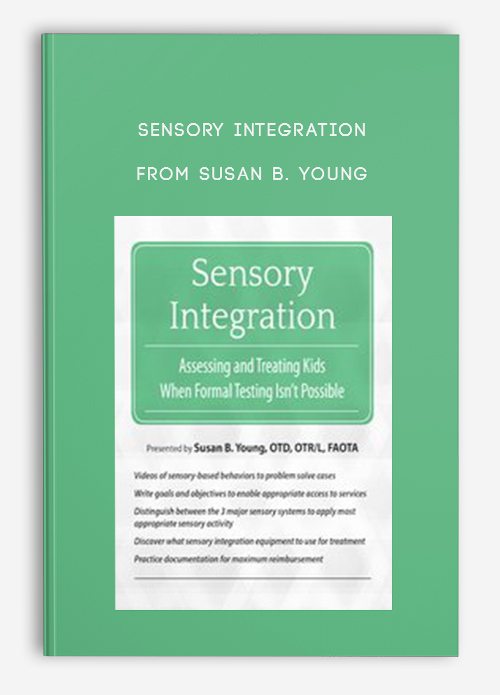
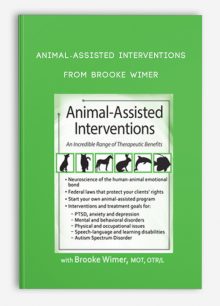

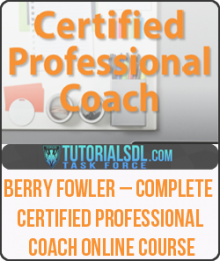
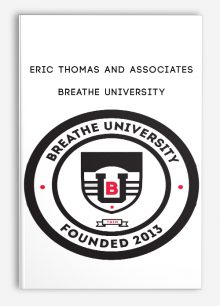
![Fast Confidence [How To Be More Confident │Confidence Building] from Sharon Melnick, Ph.D.](https://tradersoffer.forex/wp-content/uploads/2017/05/Sharon-Melnick-Ph.D.-Fast-Confidence-How-To-Be-More-Confident-│Confidence-Building-220x261.png)

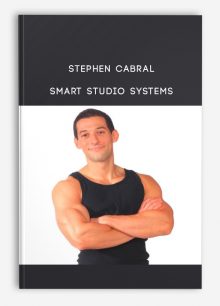

king –
“I participated by live webcast, and was pleasantly surprised! I felt like I gained the same information as if I would have attended the course. “